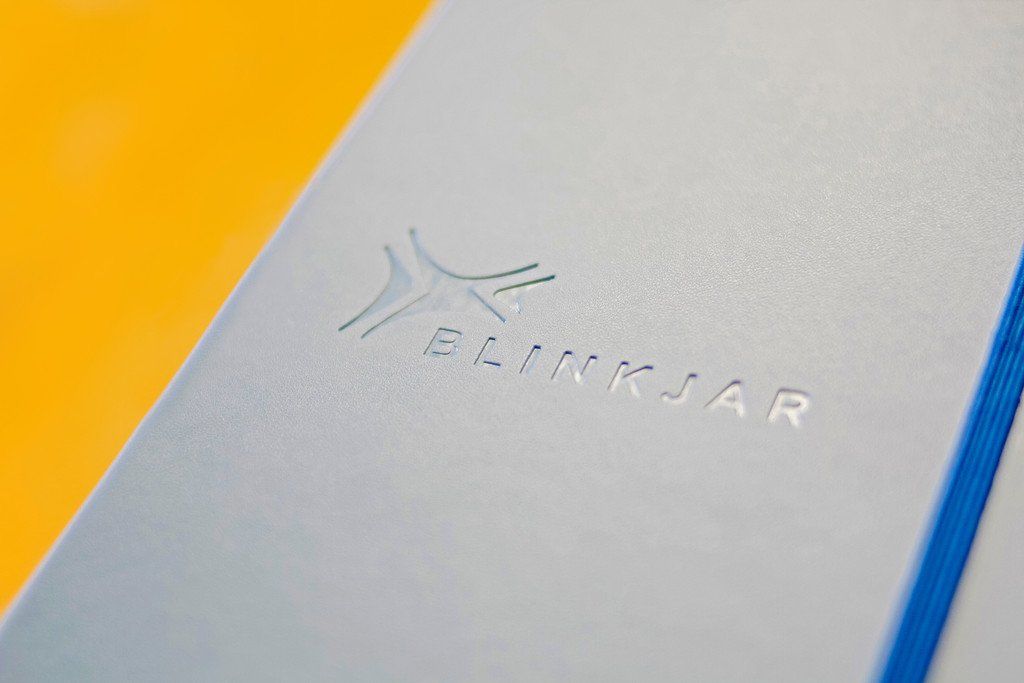Will Duplicate Content Get You Penalized?
The more eyeballs that land on your content, the better it will perform. Seems like a no brainer, right? Yet, due to lingering misconception, many bloggers find themselves hesitant to place their content anywhere other than their own site. Google is well-known for keeping their ranking factors and algorithms close to the vest, leaving it up to marketers to determine best practices between the few tidbits that are provided and their own trial and error.
The fear of having your site penalized through duplicate content has become pervasive, causing many bloggers to steer clear of featuring their writing on other platforms that may have a wider, more interactive audience. However, despite its prevalence, this fear is unfounded. When approached the right way and without the intent to manipulate search engines, many can actually make a positive impact through duplicate content.
Where Should You Cross-Post Your Content?
So, if it’s really okay to replicate your content across other platforms, which ones should you use? There are, of course, many options to consider, and determining the best one will come down to where it will have the greatest potential impact and which are most readily available to you. Here are the main avenues you will want to consider outside of your own site:
- Popular Industry Site - No matter your area of focus, there is likely at least a site or two that is popular among your peers (or your customers). And, in many cases, these sites are open to posting guest content for their audience.
- Self-Published Content Platform – Across the web, there are countless sites which are dedicated to offering up content written and published by their own users. For most, all it takes a simple account sign-up, and you’re ready to start publishing. Think of YouTube as a prime example of this. For blogging, increasingly popular options include Medium, LinkedIn Publishing, and Tumblr.
- Major Media Sites – If you visit the website of any major media outlet, you’ll discover content developed by many different writers. Being featured on one of these platforms is all about meeting a need for their audience. If you have a great piece that you think could work for them, reach out and inquire about publishing a guest article.
The Right Way to Cross-Post Content
When posting your content across multiple sources, consider which of these versions search engines should view as the original. While Google may not penalize duplicate content, it is likely to prefer one version for ranking results. Help it decide which to choose by using one of these two methods:
- Use a cross-domain rel=canonical link – A cross-domain rel=canonical link in the content is a clear message to search engines that these two domains use the same content and lets them know which is preferred for indexing. According to the Google Webmasters blog: “While the rel=”canonical” link element is seen as a hint and not an absolute directive, we do try to follow it where possible.”
In the case of cross-posting your original content to another site, the best option is to request a rel=canonical link be included on that page. However, you may often get a “no,” and that’s okay. In that case, move to option two.
- Use a link back to the original – As an alternative, you may also include a link within the content, referencing back to the original publication. Again, this will serve as an indicator to search engines that these two pieces are connected, as well as which one you prefer to be indexed.
If you have great content, make it work to its fullest potential. Don’t shy away from sharing your content on outside platforms for fear of penalty. Instead, make sure that you are approaching cross-posted content the right way and sending clear signals to Google about its origins and which page to rank. As put by Google Webmaster Trends Analyst, John Mueller: “It’s definitely not a penalty, because we aren’t penalizing any of these sites for having the same text. We just see for the user, it doesn’t make sense to show all of these copies of the same thing.”








